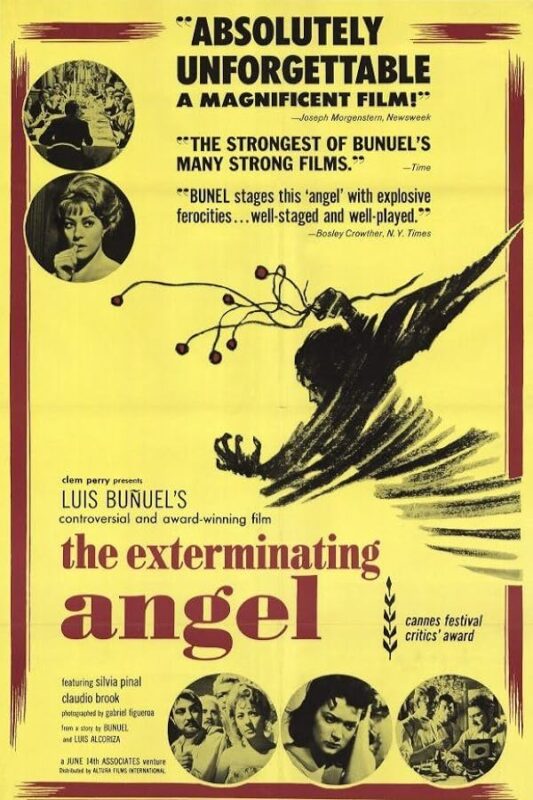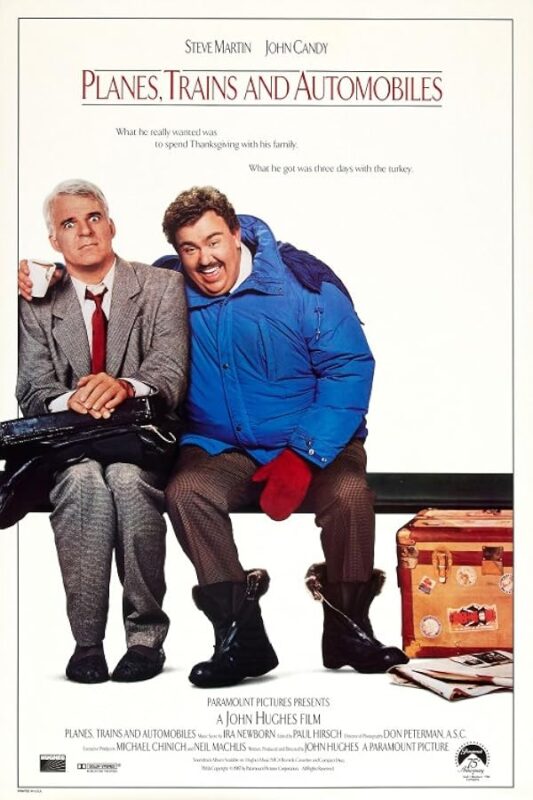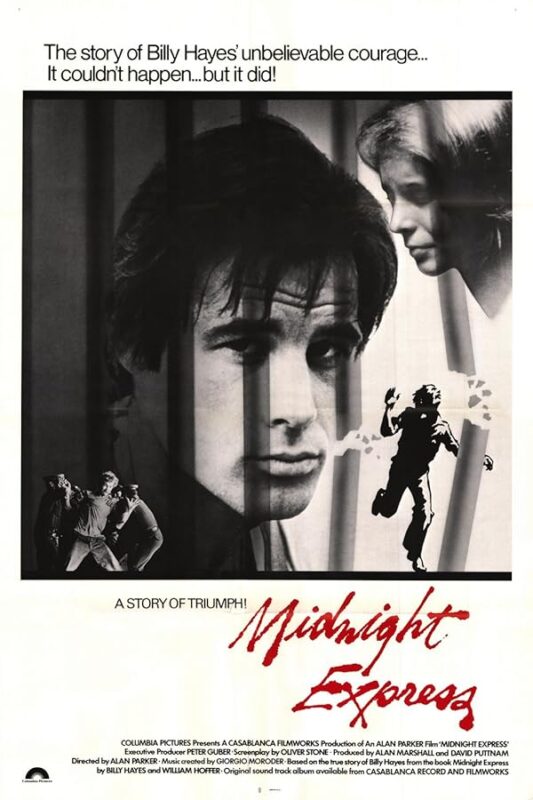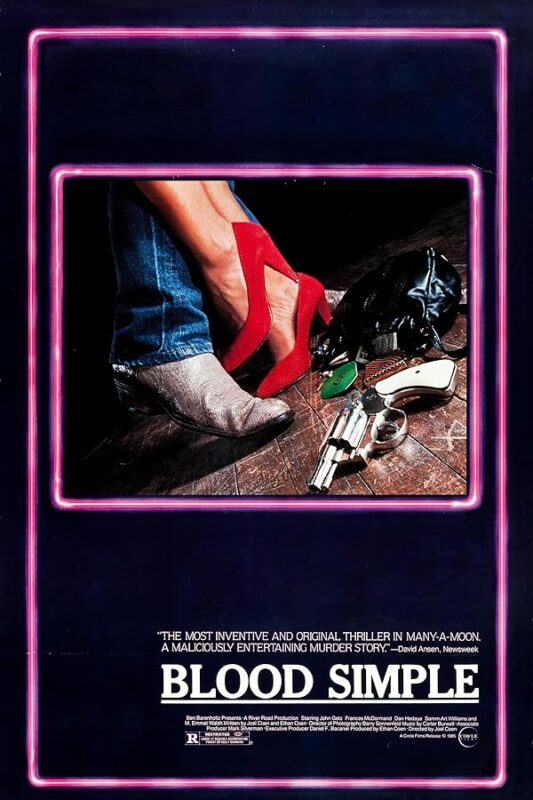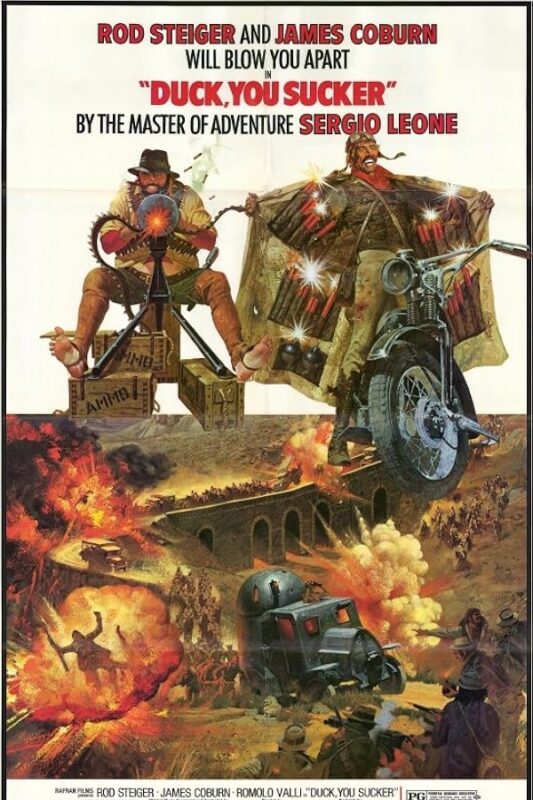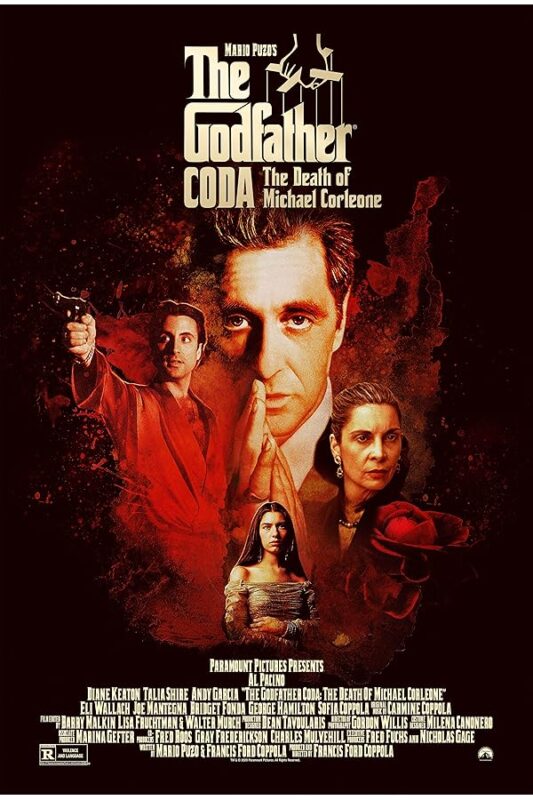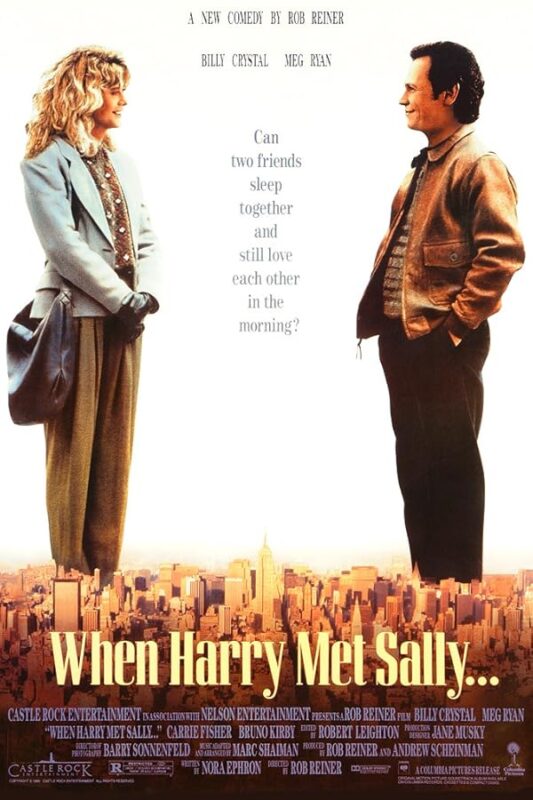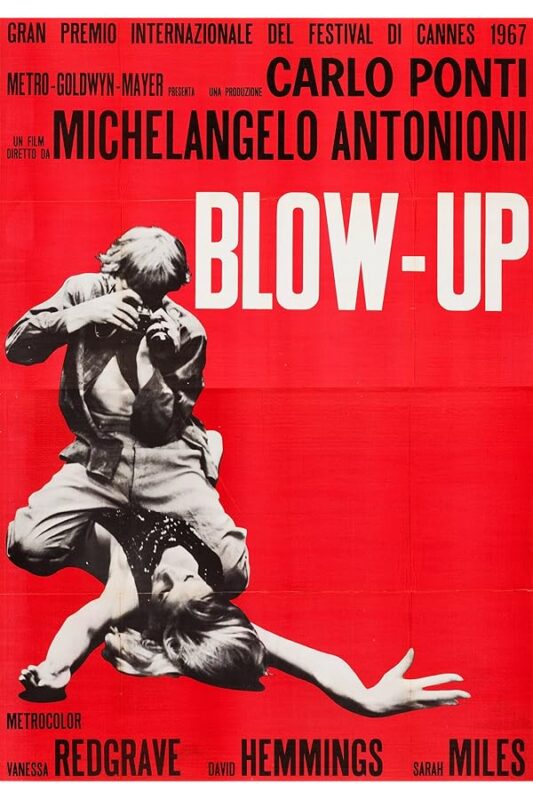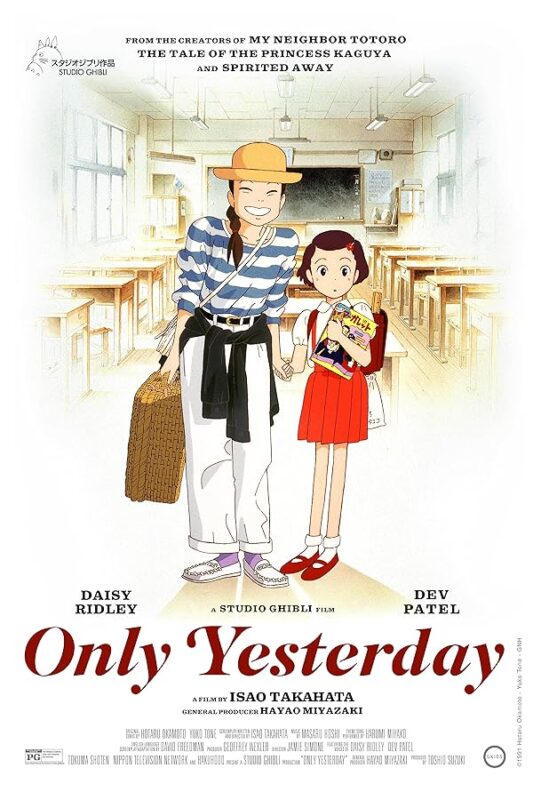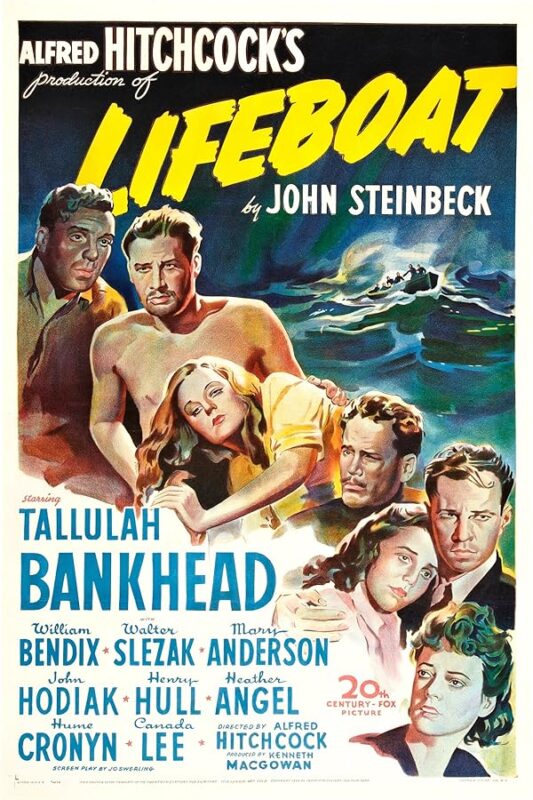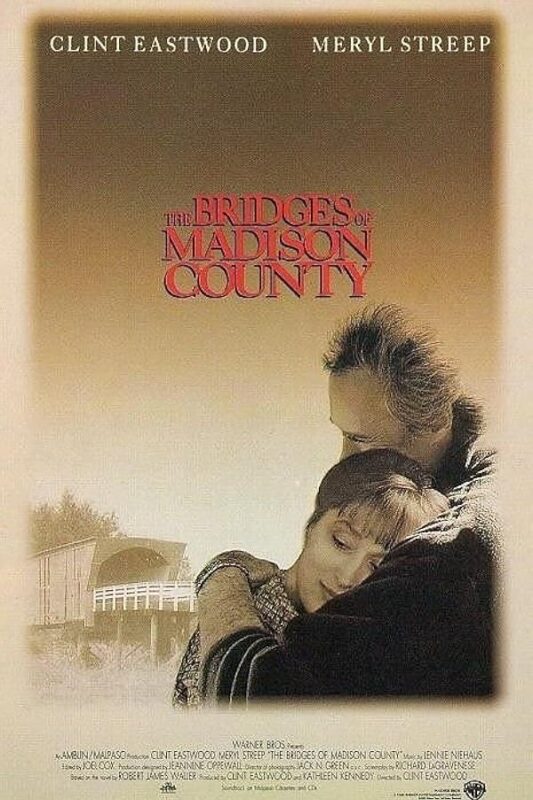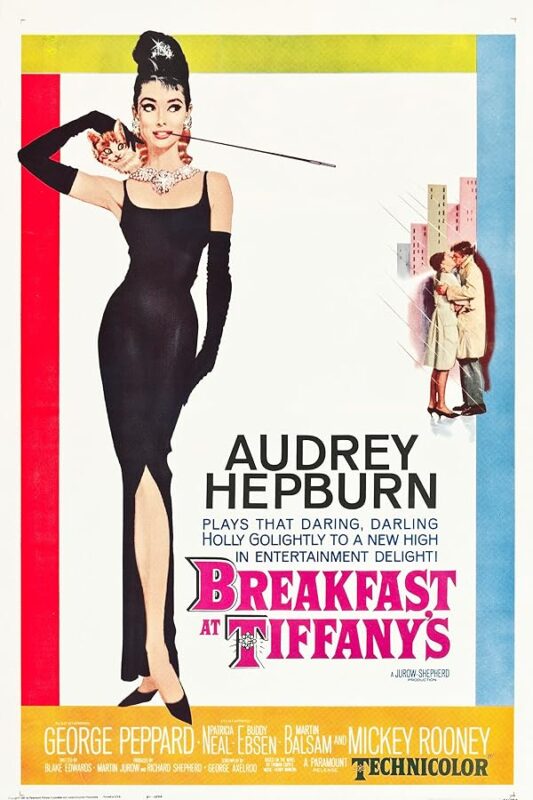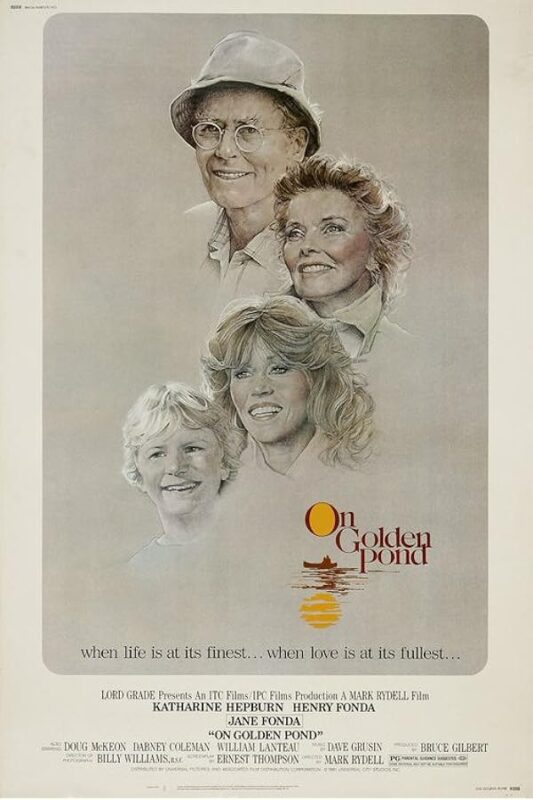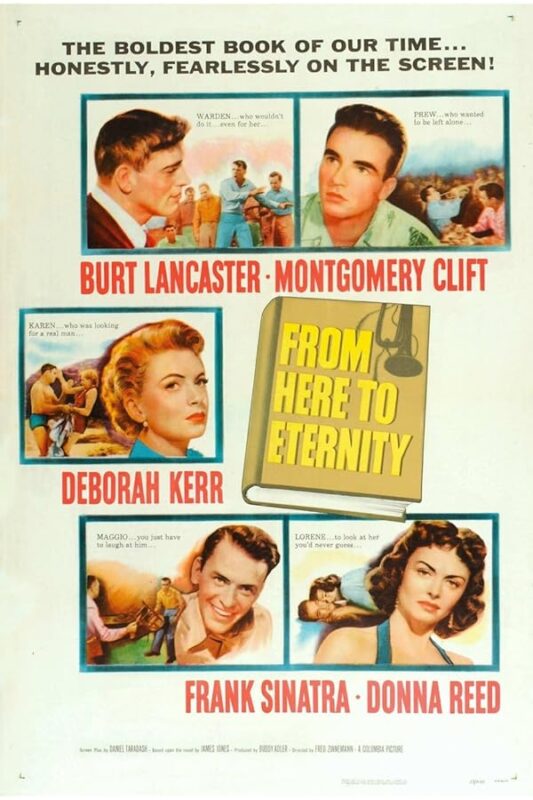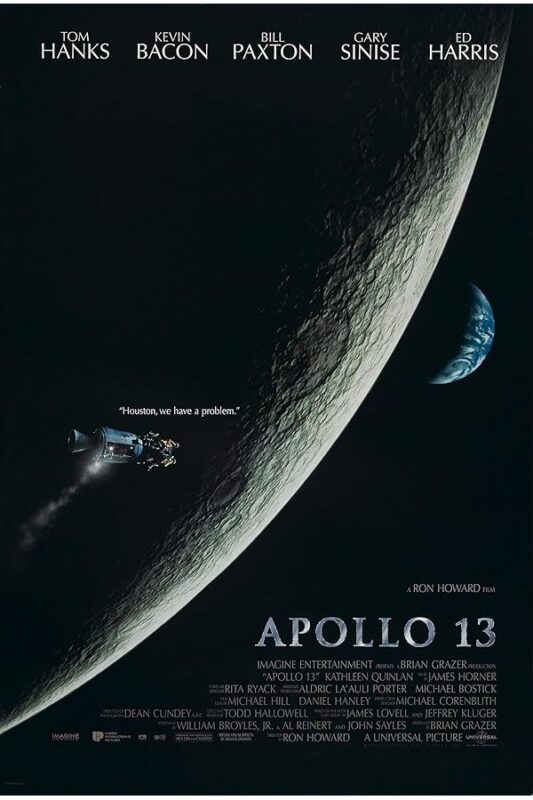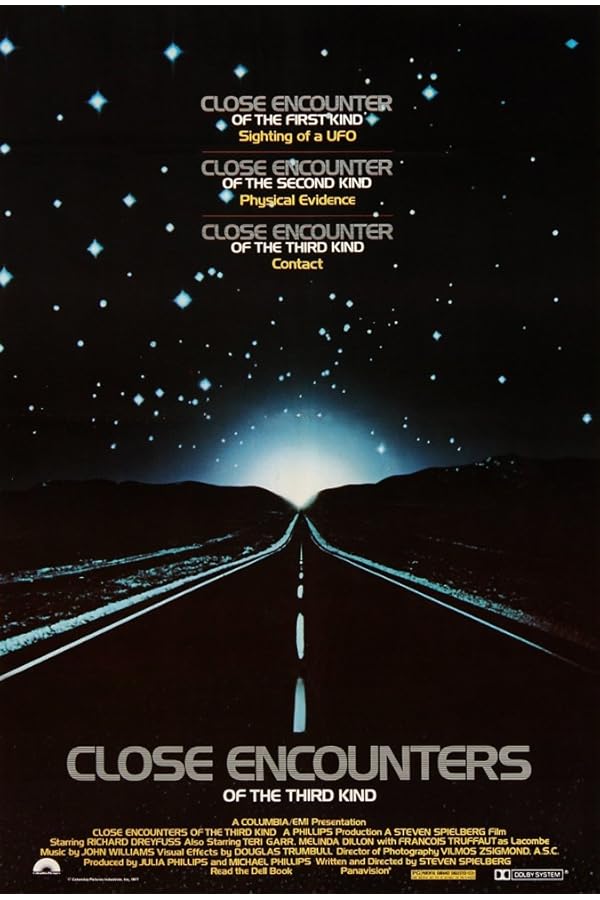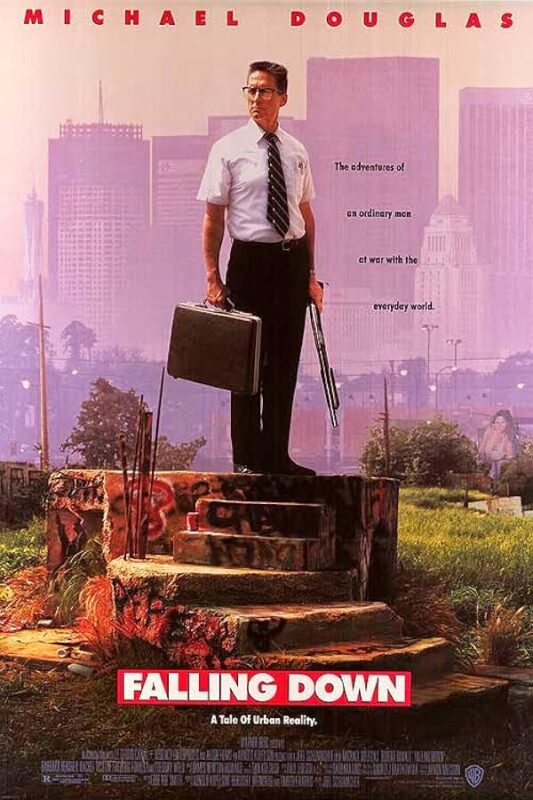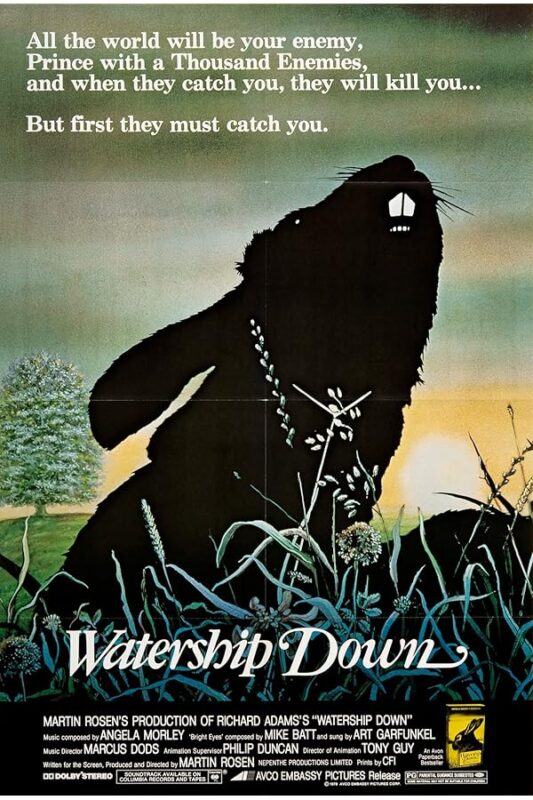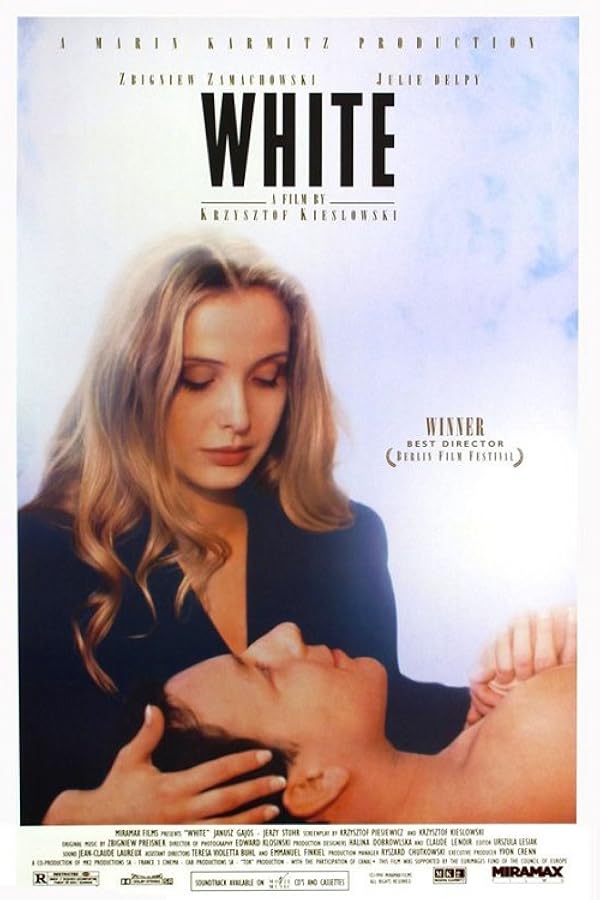Content Warnings
- 🟡 30/100 Mild suggestive dialogue and behavior.
- 🟡 40/100 Characters are seen drinking alcohol in social settings.
- 🟡 60/100 Psychological tension and implied violence.
- 🔴 80/100 A character is found dead, with some disturbing imagery.
- 🟢 20/100 Mild profanity used in dialogue.
What is the plot of 'El ángel exterminador' (1962)?
'El ángel exterminador' (1962), directed by Luis Buñuel, follows a group of high-society guests who find themselves inexplicably unable to leave a dinner party. Despite no physical barriers, they are trapped in the mansion, leading to increasingly bizarre and desperate behavior as their confinement continues.
Who are the main actors in 'El ángel exterminador'?
The main actors in 'El ángel exterminador' include Silvia Pinal as Leticia 'La Valkiria', Jacqueline Andere as Lucía de Nobile, Enrique Rambal as Edmundo Nobile, and José Baviera as Leandro Gomez.
What themes are explored in 'El ángel exterminador'?
The film explores themes of social decay, existential absurdity, and the breakdown of societal norms. Buñuel uses the trapped guests to critique the bourgeoisie, highlighting their vulnerability and irrationality when stripped of their usual comforts and privileges.
Is 'El ángel exterminador' part of a specific film movement?
Yes, 'El ángel exterminador' is often associated with surrealism, a movement that Luis Buñuel was a key figure in. The film's dreamlike logic, absurd situations, and critique of societal norms are hallmarks of surrealist cinema.
Why are the guests unable to leave the mansion in 'El ángel exterminador'?
The film never provides a clear explanation for why the guests cannot leave the mansion, which is part of its surreal and allegorical nature. This unexplained phenomenon serves to emphasize the absurdity and fragility of human social structures.

